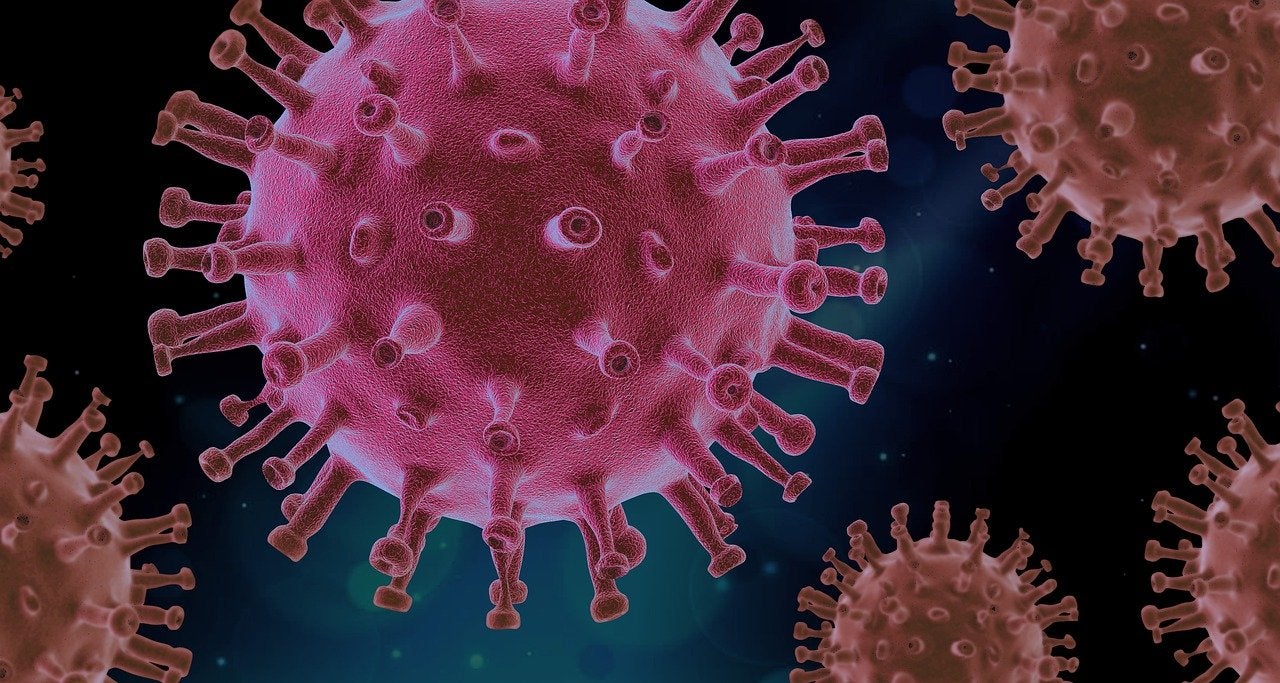
Biopharmaceutical company RedHill Biopharma has announced that the preliminary results from a preclinical study with a new oral drug, opaganib, showed a reduction of thrombosis (blood clotting) in an acute respiratory distress syndrome (ARDS) in the animal model.
Opaganib is an orally administered sphingosine kinase 2 (SK2) selective inhibitor.

Discover B2B Marketing That Performs
Combine business intelligence and editorial excellence to reach engaged professionals across 36 leading media platforms.
It targets a host cell component, lowering the chances for resistance arising from viral mutations.
The preclinical study analysed 250mg/kg of opaganib to measure thrombotic risks.
ARDS-induced thrombosis may happen in up to one-third of Covid-19 patients needing ICU admission and is a major cause of death.
The latest data showed the possible benefit of opaganib to Covid-19 patients apart from the already established inhibition of SARS-CoV-2 replication, as well as potential reduction in hyper immune-response by opaganib.

US Tariffs are shifting - will you react or anticipate?
Don’t let policy changes catch you off guard. Stay proactive with real-time data and expert analysis.
By GlobalDataRedHill plans to analyse different physiologically and pharmacologically relevant opaganib doses that can reduce thrombosis.
RedHill R&D senior vice-president Reza Fathi said: “Results from our study show opaganib 250mg/kg reduced blood clot length, weight and total thrombus score in a preclinical model of ARDS.
“This adds to the known antiviral and anti-inflammatory activities of opaganib and provides the potential for a unique triple-action effect on the pathophysiological processes associated with Covid-19 disease.”
RedHill is carrying out a Phase II study assessing safety and potential efficacy signals of opaganib in patients with severe Covid-19 pneumonia in the US.
It has enrolled 40 subjects with the last patient receiving the final dose and expects top-line data later this month.
In addition, a global Phase II/III study of opaganib on 270 patients with severe Covid-19 pneumonia has enrolled more than 60% of patients.
It is approved in six countries and could deliver top-line data in the first quarter of next year.
In July, RedHill submitted an application to Mexico’s COFEPRIS and initiated a filing with Brazil’s ANVISA to conduct a Phase II/III trial of opaganib in hospitalised patients with severe Covid-19 pneumonia.



